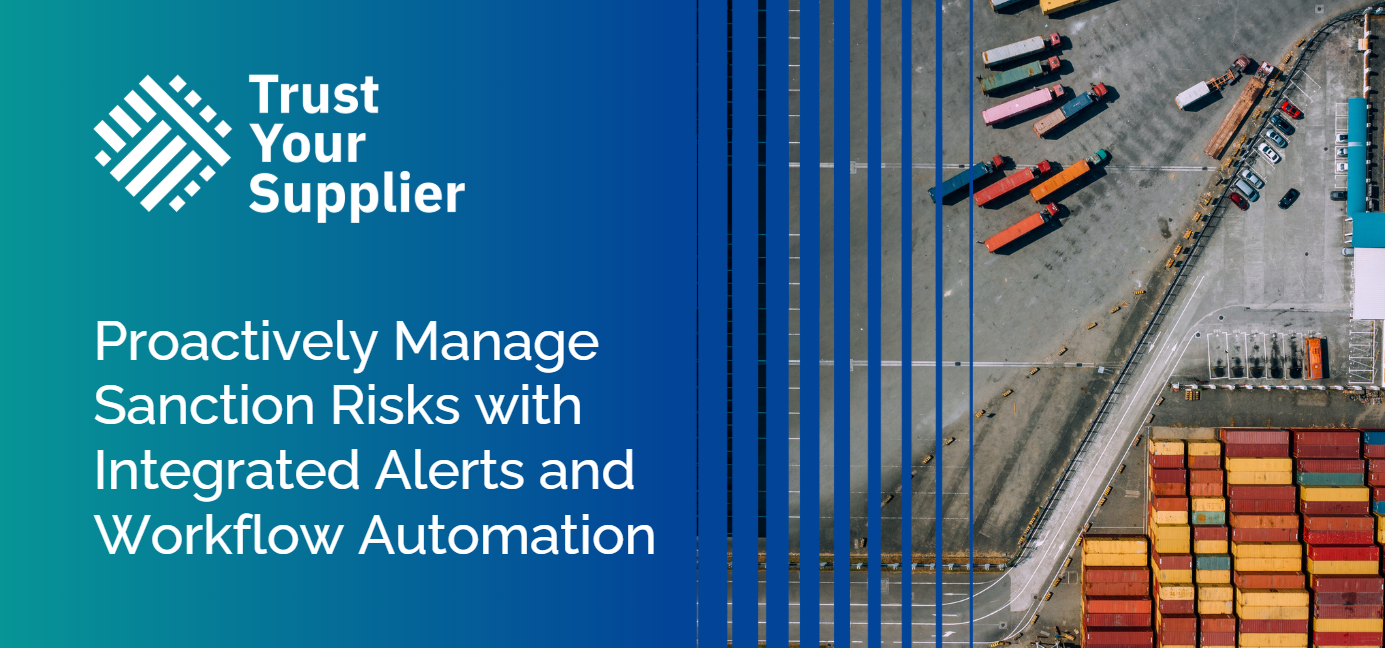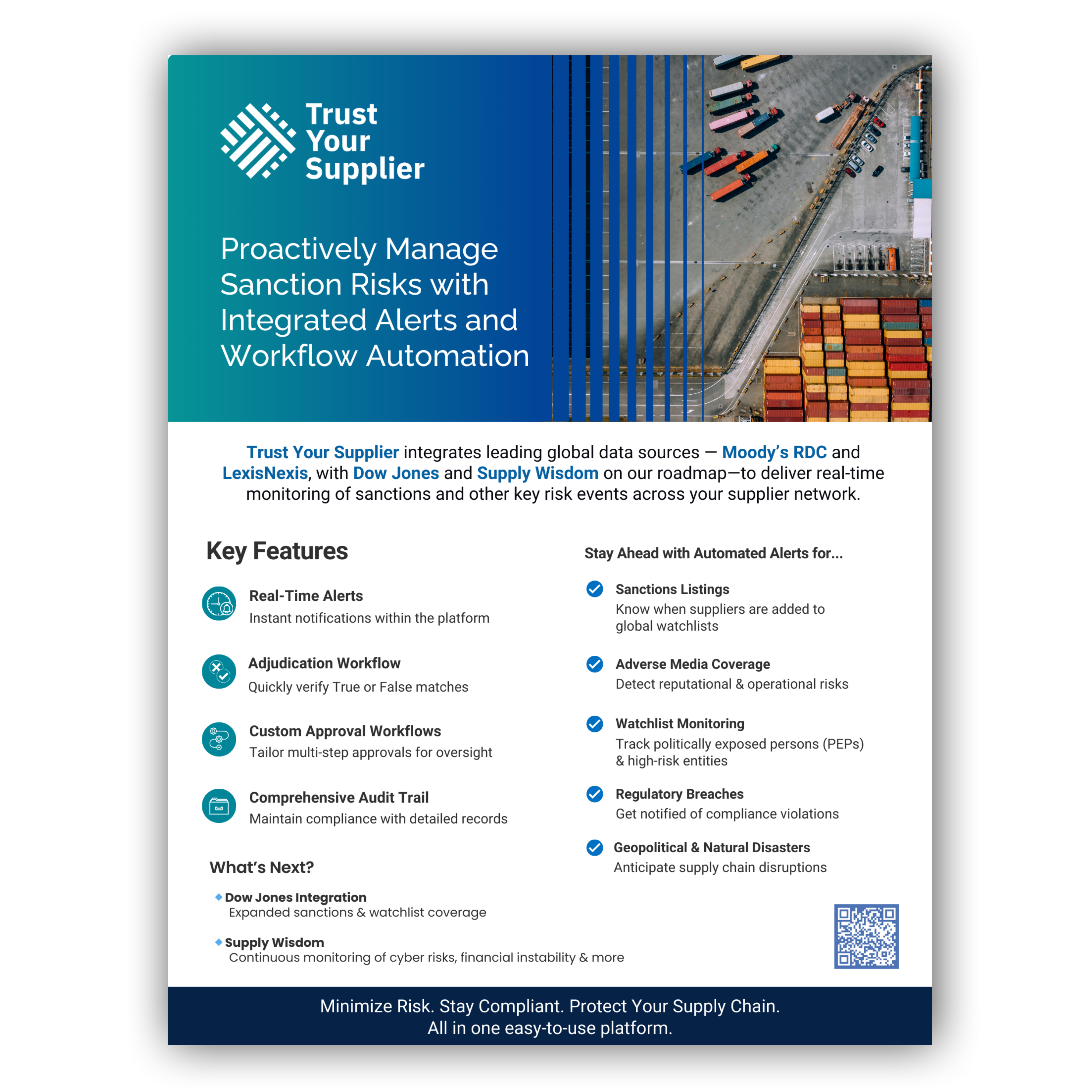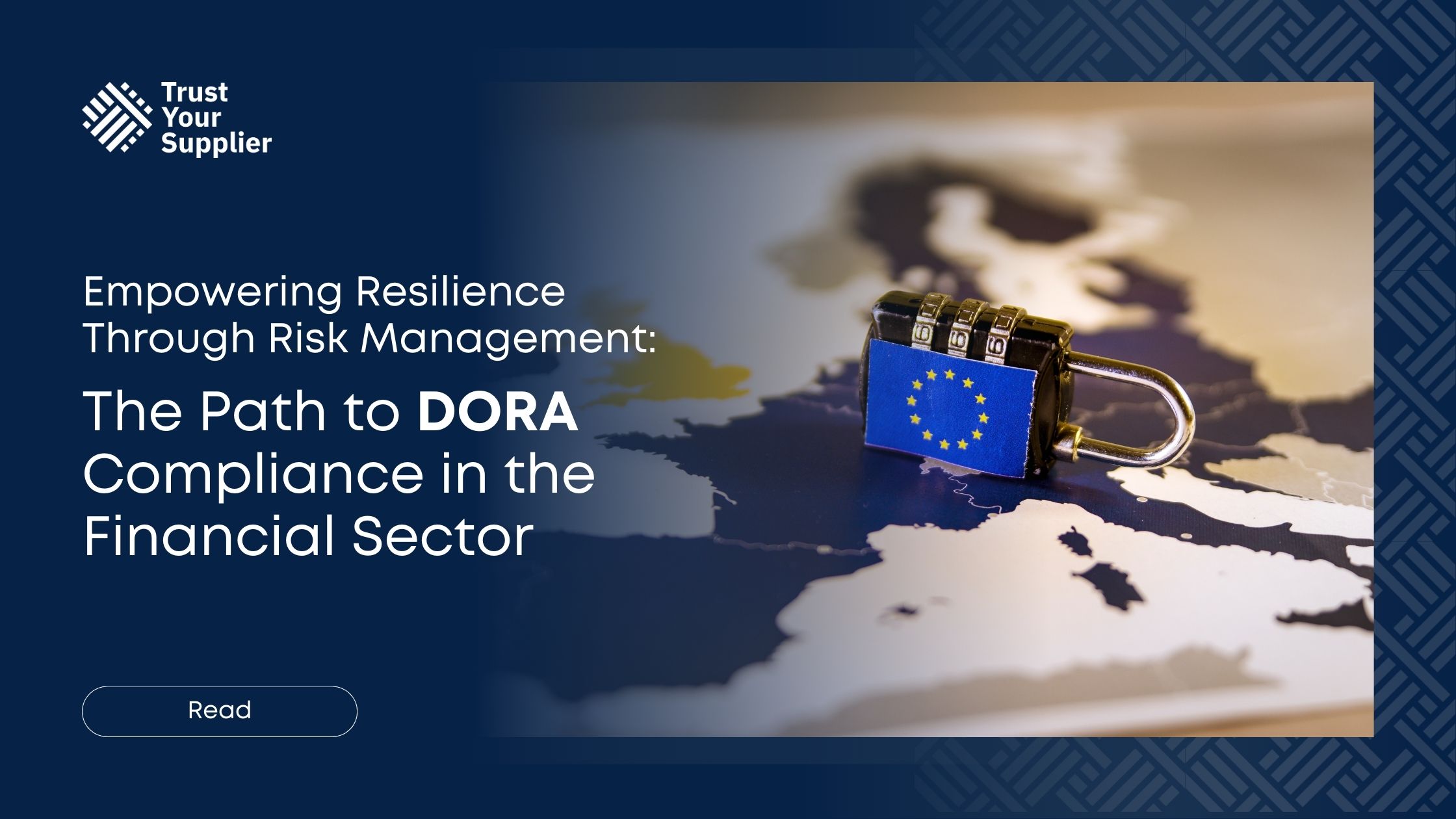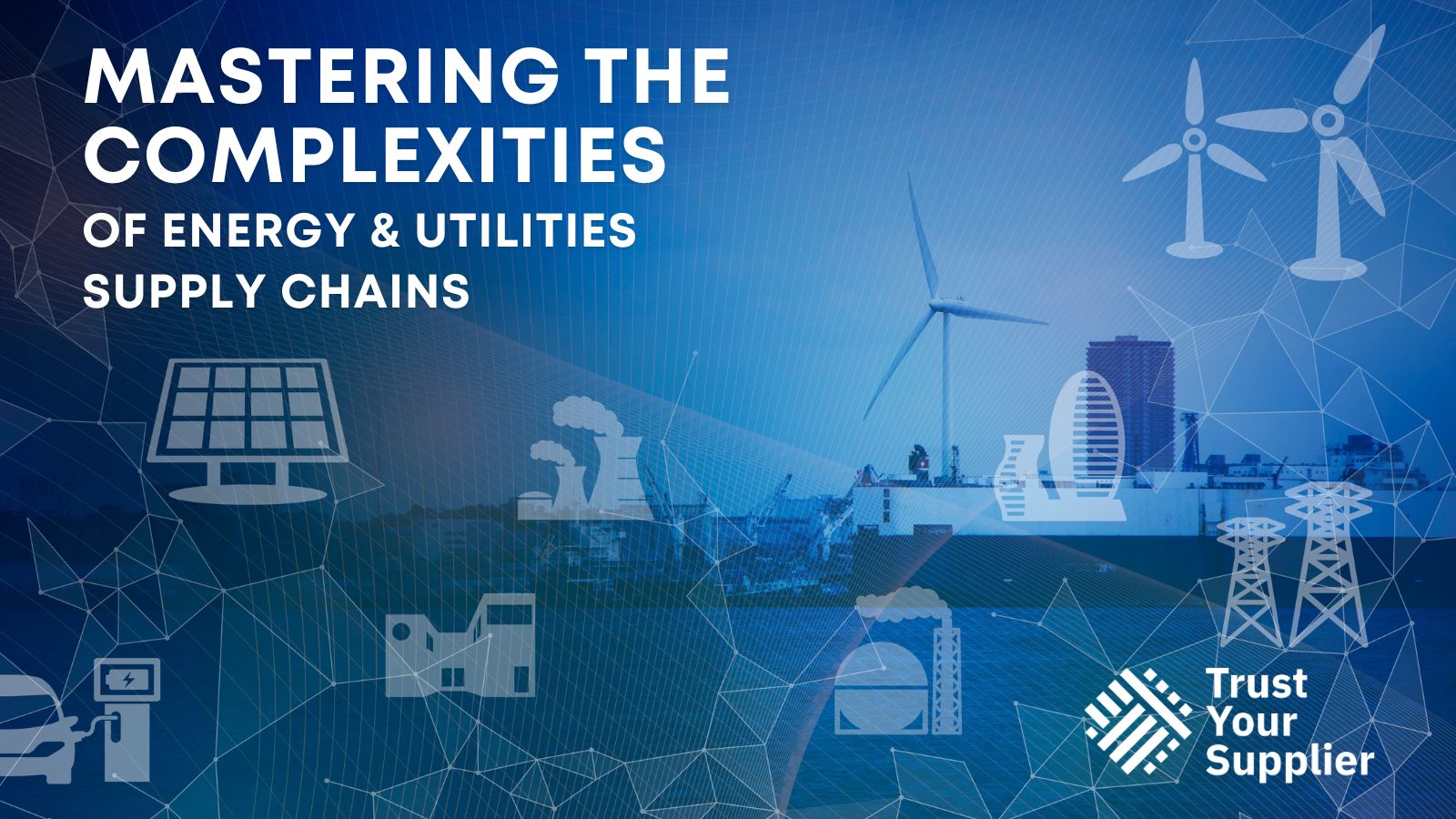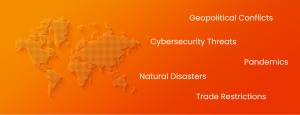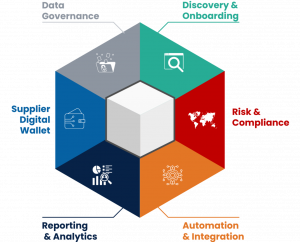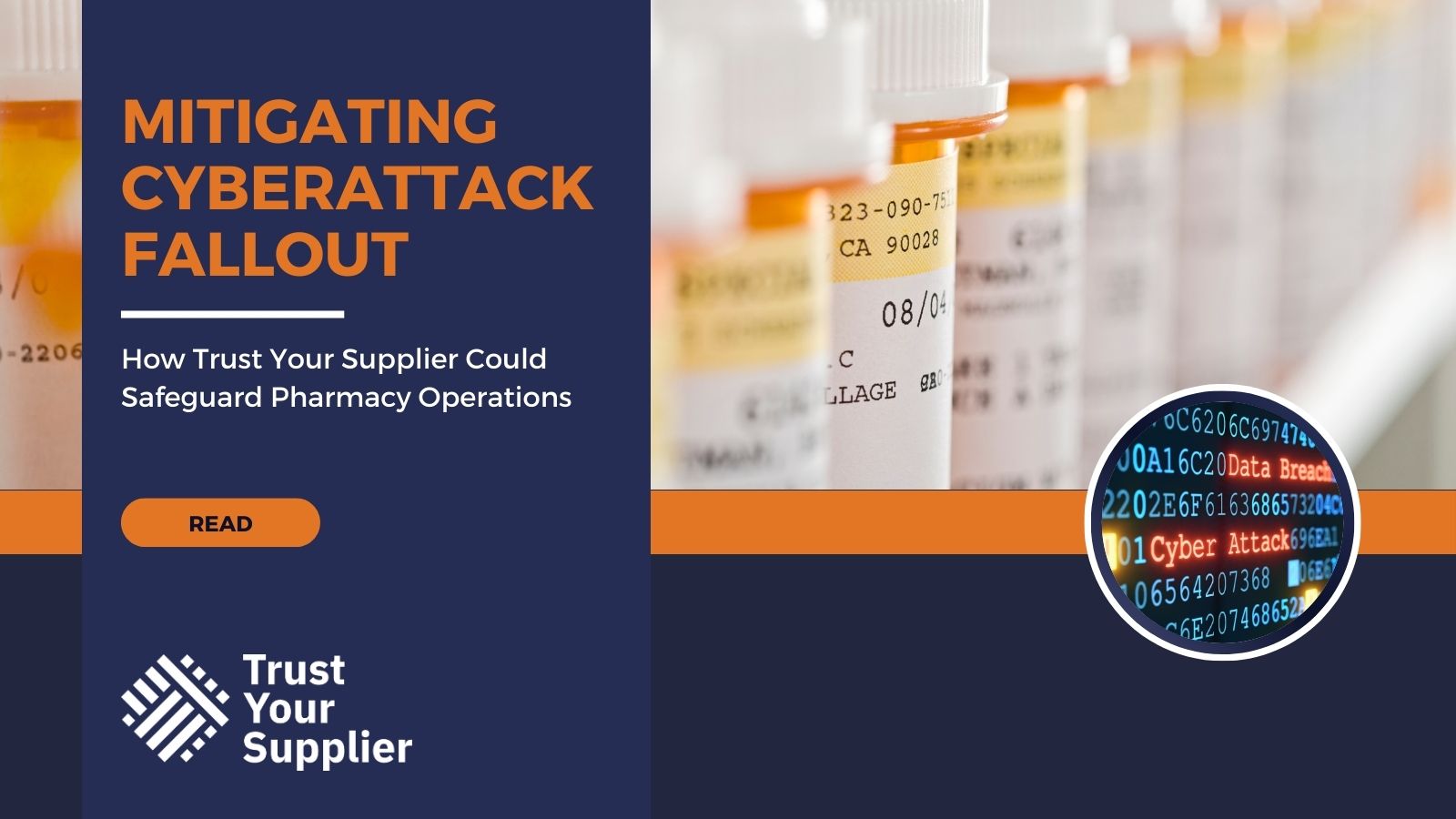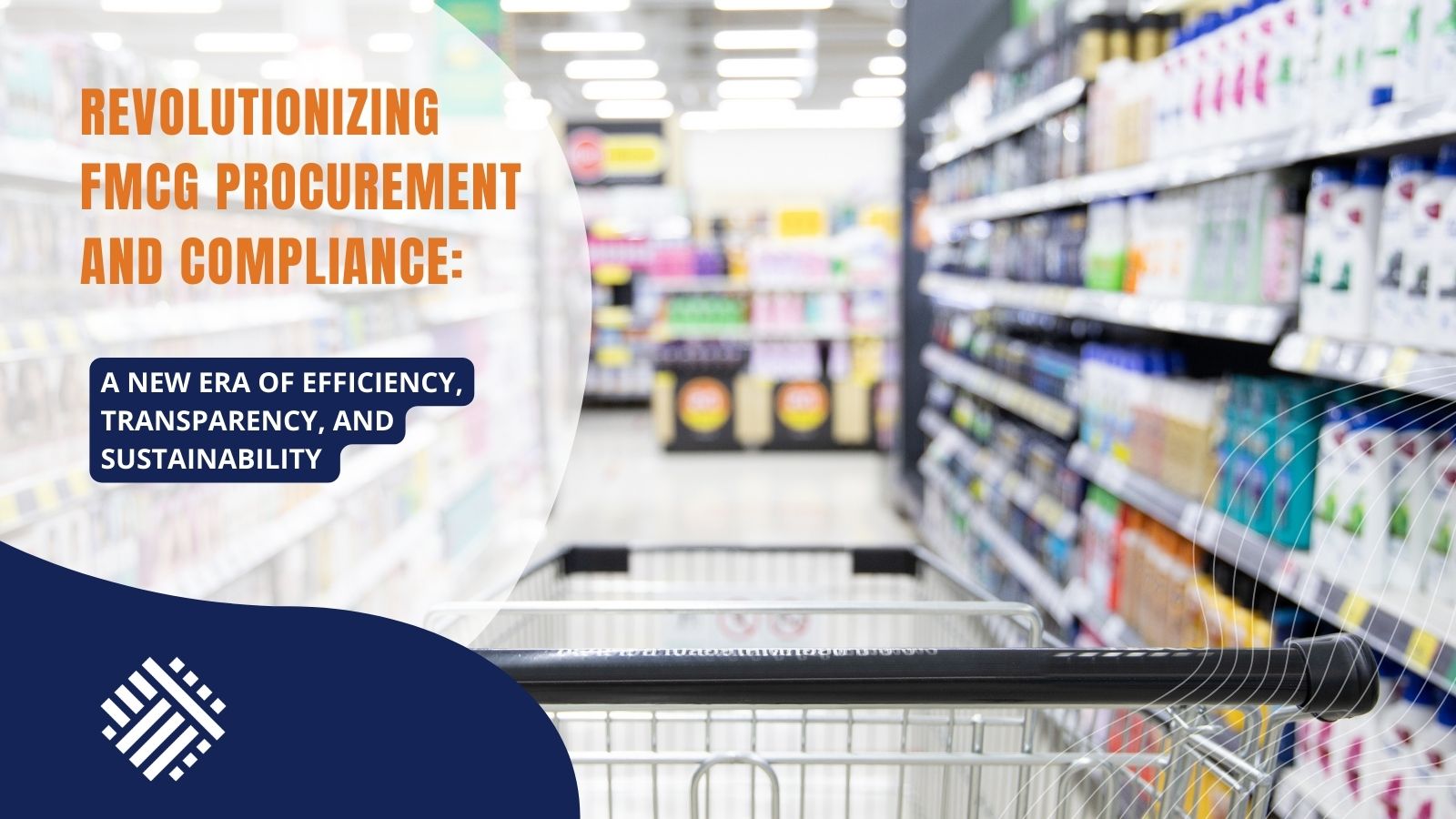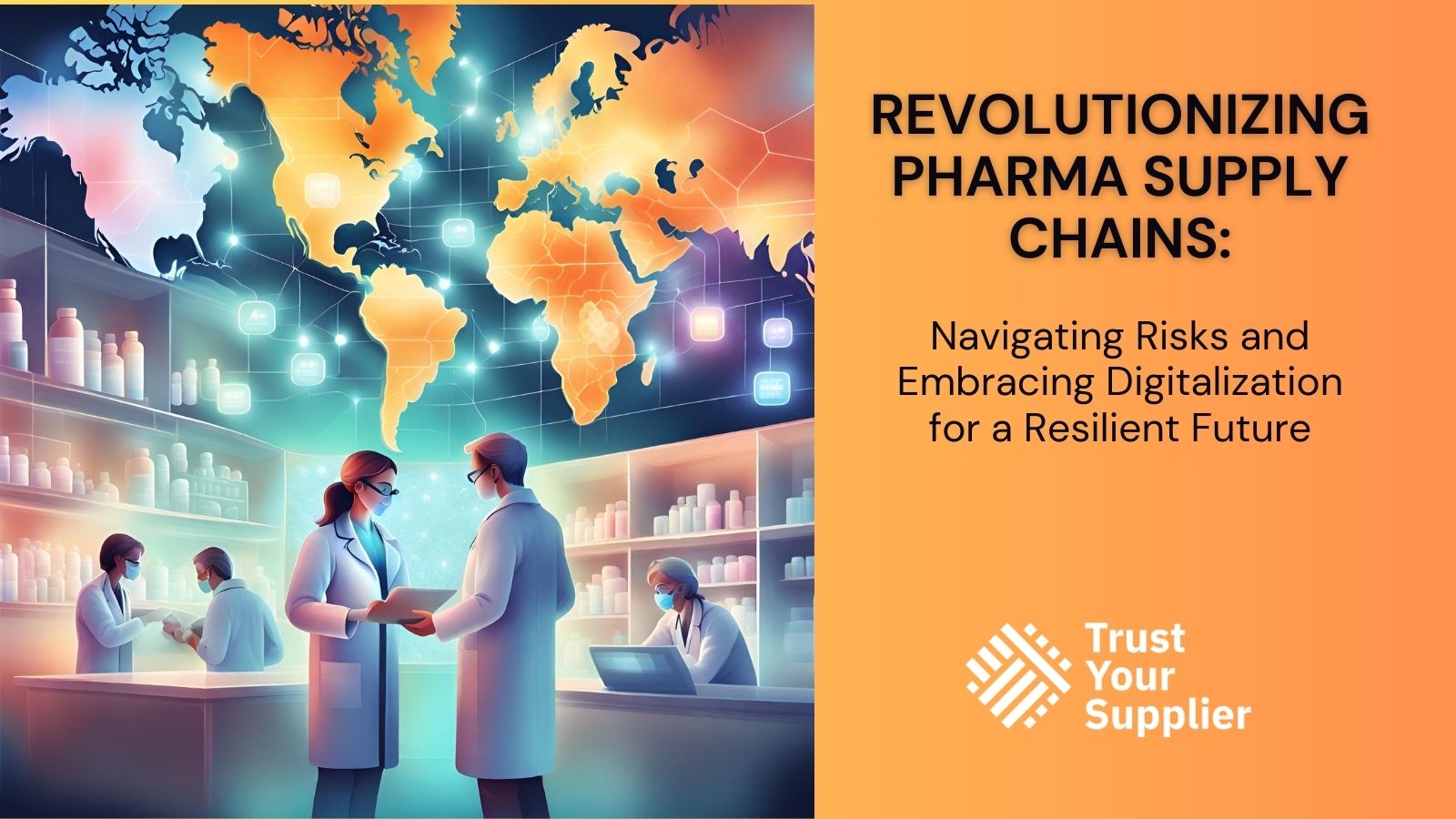We all operate in an increasingly interconnected world. In this global, multi-tiered environment, supplier relationships are no longer just about cost and capability; they’re about compliance and conscience.
Every week, new sanctions are issued by governments and global organizations targeting companies, individuals, and entire industries. These sanctions aren’t just political. Increasingly, they are grounded in human rights violations, unethical labor practices, and environmental crimes. Today’s sanctions can be tied to geopolitical instability, supplier and sub-supplier practices, and even actions by individuals associated with supplier activities.
Why It Matters
Sanctions can prohibit U.S.-based companies from doing business with certain suppliers, expose them to heavy fines, or damage their reputation overnight. A supplier that was compliant yesterday might be blacklisted today. The stakes are higher than ever:
- OFAC has issued thousands of sanctions-related actions in 2025 alone, many targeting suppliers in sectors like technology, mining, energy, and logistics.
- Human rights-based sanctions are expanding, with increased scrutiny around forced labor, conflict minerals (raw materials mined in areas of armed conflict or human rights abuses), and ESG violations.
- Global watchlists (like the SDN List, BIS Entity List, and EU/UN sanctions) are constantly evolving — often with little public warning.
The Hidden Cost of Inaction
Relying on outdated spreadsheets or annual supplier reviews leaves companies dangerously exposed. Even one missed update can lead to unintentional violations, operational disruption, legal exposure, and reputational fallout.
What Vigilance Looks Like
- Continuous monitoring of global watchlists and sanction updates
- Automated workflows that trigger internal alerts and appropriate remediation steps
- Digital audit trails to demonstrate compliance and due diligence
- A secure, centralized supplier data hub that keeps pace with a rapidly changing world
Trust Your Supplier: Your First Line of Defense
TYS brings together real-time sanctions monitoring, automated supplier validation, and a dynamic supplier network to help organizations stay compliant and resilient. Integrations with leading global data sources – Moody’s RDC, LexisNexis with Dow Jones and Supply Wisdom – monitor sanctions and other key risk events across your supplier network. With TYS, you’re not just checking a box, you’re protecting your brand, your operations, and your values.
In a world where ethics and regulation intersect, supplier vigilance is no longer optional — it’s a business imperative.

